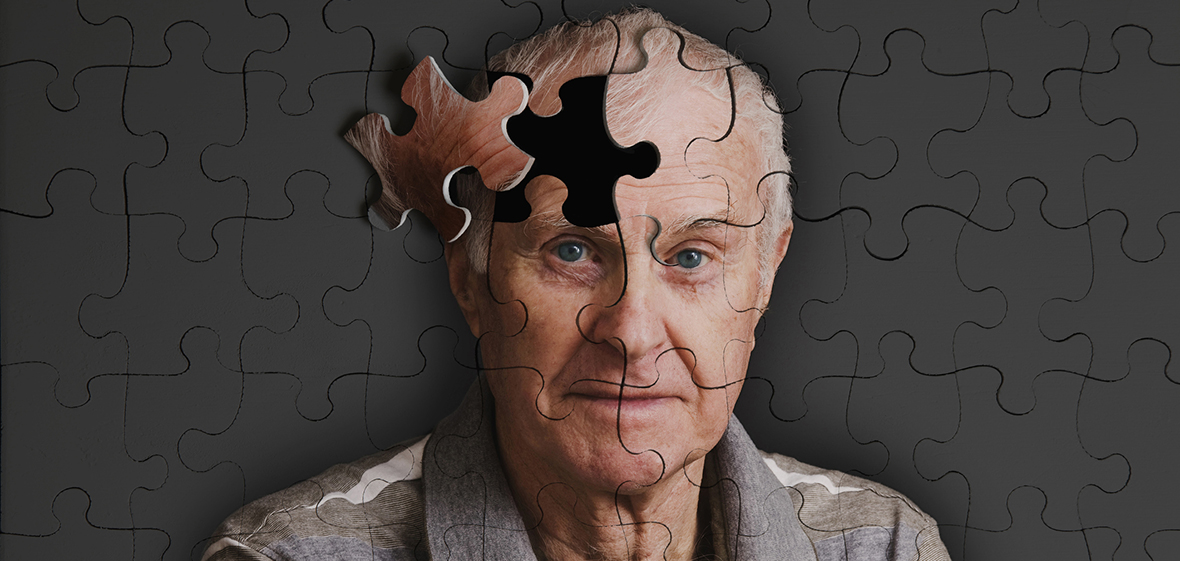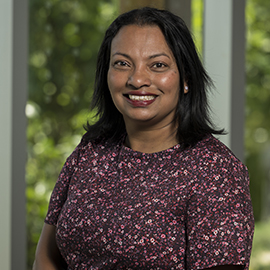
June is Alzheimer’s and Brain Awareness Month, which is an opportunity to spread knowledge about Alzheimer’s disease and other dementias. Throughout the month, the Alzheimer’s Association encourages community members to show support by wearing purple and training their brains to fight the disease. There is a connection between the ability to reduce the risk of cognitive decline through lifestyle changes, such as remaining socially and physically engaged and maintaining heart health.
A healthy brain requires optimal cognitive, emotional and social functioning. According to the Alzheimer’s Association, the following are ways you can strengthen your brain health:
- Get physical activity. If you currently do not exercise, start by taking a 15-minute walk and increase duration over time.
- Read a good book.
- Abstain from smoking. If you currently smoke, consider joining a cessation program.
- Maintain healthy blood pressure levels and have yearly checkups.
- Wear a seatbelt in a car, wear a helmet when biking or playing certain sports and assess your home for risk of falls.
- Eat a low-fat diet high in fruits and vegetables. You can start by making small changes, such as eating a piece of fruit instead of a piece of candy.
- Getting eight hours of sleep each night keeps your brain sharp and helps your memory.
- Pay attention to your mental health. Engage in stress-relieving activities, and, if needed, see a therapist or psychiatrist.
- Get social interaction. Join a church group, reading club or senior or community center, or volunteer.
- Challenge yourself. Trying a new game or putting together a puzzle challenges your brain strategically, which can have short- and long-term effects on the brain.
How to Observe Alzheimer’s and Brain Awareness Month
- Donate
You can either donate financially or with your time.
- Community Involvement
Take part in local events and seminars to spread awareness and knowledge about Alzheimer’s and other dementias.
- Raise Awareness
More than 55 million people are living with Alzheimer’s or other dementias. Go purple and join the Alzheimer’s Association in raising awareness this June. You can become involved in the Go Purple Campaign by wearing purple and sharing your story using the hashtags #EndAlz and #AlzheimersAndBrainAwarenessMonth.
Why Alzheimer’s and Brain Awareness Month is Important
1. Awareness
This month helps spread awareness about Alzheimer’s and other dementias, along with the different kinds of care that people with these diseases require. It motivates people to know more about the diseases.
2. Acknowledgement
People with Alzheimer’s or other types of dementia often socially isolate from the community and their families. This month is a reminder to acknowledge aging community members by encouraging interactions and reminding them that they are special.
3. Research
Alzheimer’s and Brain Awareness Month is a way to propel research and find a cure for Alzheimer’s disease.
The Bottom Line
Focusing on your brain health is one of the best things you can do to improve your concentration, focus, memory and mental agility, no matter your age. We are in control of our brain health and we can take many steps to reduce the risk of cognitive decline.
By incorporating brain exercises into your everyday life, you’ll get to challenge your mind, sharpen your cognitive skills and possibly learn something new and enriching along the way, too.
UofL Health – Peace Hospital offers inpatient psychiatric, intensive outpatient and partial hospitalization services to older adults. Peace Hospital also holds events periodically for caregivers and community members to interact with one another and learn about support options and brain and mental health. For more information, please call 502-451-3333.
If you suspect you or a loved one may have Alzheimer’s disease or another dementia, UofL Physicians – Neurology can help. You can call 502-588-4800 to schedule an evaluation.









